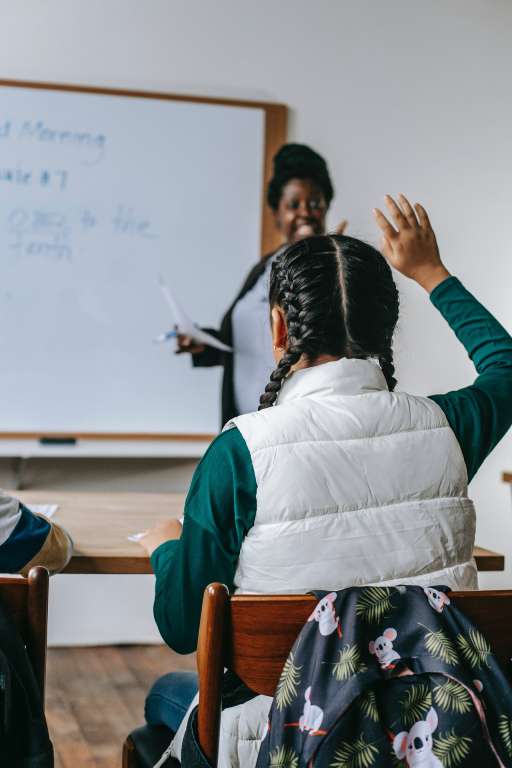Children are acutely aware of how expansive the world is and how little they understand it. That’s a large part of what makes them fun to be around—they still have a lot to learn. Curiosity for kids is the default. Why is the sky blue? What makes that top spin? How do airplanes stay up if they’re so heavy?
Without the burden of a friend thinking they may not be smart or competent for not knowing something, young children are unafraid to ask questions. I would bet you’ve never seen a kid pretend to understand tax exemptions for the sake of saving face.
While saving face was less common in our elementary school classmates, most of us have encountered this mentality in our family members, friends and acquaintances.
The older we get, the more we’re tempted to assume knowledge or a high level of knowledge that can be counterproductive to learning itself. What can we learn if we think we already know everything? As thinkers and storytellers, it’s critically important to stay curious. Curiosity allows us to tell better stories, encouraging empathy and connection through deeper understanding.
Connecting and Learning Every Day
In our work, we encourage curiosity and learning. Each story is different, and each story matters, so there’s often a large amount of learning we undertake to successfully tell a client’s story in a meaningful way.
Allowing ourselves to learn your story first before advising gives space for connection and understanding from the outset. Then we take that understanding and find meaningful ways to connect with the audience through storytelling, passing that understanding on to others.
Not sure where to start?
Encouraging curiosity and telling better stories is easier than you may think. The best listeners make the best storytellers—not because they know everything but because they are curious enough to look for more information.
Ask good questions.
Going back to child-like habits, allow yourself to ask questions to clarify or understand fully, even if the answers to those questions seem obvious. Better to know than to assume.
Be brave.
It takes courage to admit that you don’t know it all, but don’t let the fear of knowing less than someone stop you from trying.
Disconnect.
If you’re feeling stuck, change up your scenery. Go for a walk, get some ice cream and ignore your notifications for a while.

Google it.
Don’t know what that word means? Type it into your preferred search engine. Be curious and filter your questions through a search engine to find good sources of information before you ask someone for help or send that email to IT.
Go to the library.
Take a break from your computer and the black hole of the infinite scroll and ask a librarian where you might look to find an answer or more information. Librarians have degrees in looking for information and are often eager to help.
Have high-quality conversations.
The best way to get to know the people around you is to be curious. When you are curious you genuinely care about what the person you’re speaking to is saying. Sean has a great article on listening well that can help.
Read.
The best writers are avid readers. The first chapter of a book I recently read focused on throwing away one “right” way to write and instead encouraged me to read, widely and broadly. Read authors you disagree with, read fiction, read nonfiction, read poetry, read your cereal box in the morning. And when you find a word you don’t recognize or a concept you don’t understand, try one of the tips above.
Take risks and fail sometimes.
Imagine how boring the culinary field would be if no one ever tried fermentation or combining sweet and salty flavors into the same dish. Trying new things and taking creative risks may result in failure. But failing in a safe environment can lead to new discoveries or ideas that work for other projects. Who knows? That pasta sauce may not have worked out like you thought it would, but it makes a killer sandwich condiment.
However you learn best, try to get curious about something new every day. You might be surprised at what you find.

